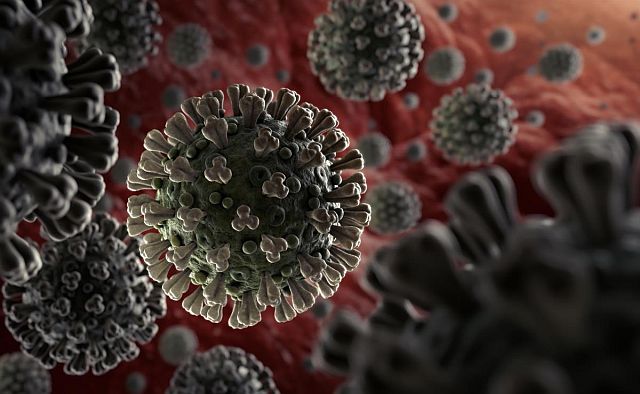
A recent paper published by the National Center for Biotechnology Information called “Contact tracing to control infectious disease: when enough is enough” said contact tracing has been the primary means of controlling infectious diseases.
Beyond controlling infection, you have second and third line of defense jobs in public health in a variety of fields in epidemiology.
Epidemiologists monitor the spread of diseases and work to understand their causes and develop solutions.
The Association of Schools and Programs of Public Health (ASPPH), a membership organization located in Washington, D.C., has listed about 10 common areas of study in epidemiology.
They include biostatisticians, informatics professionals who collect and analyze data, and community health specialists, whose work involves the many social, political, and biological issues that influence the health of a community.
According to American Job Centers, funded by the Department of Labor’s Employment and Training Administration, and CareerOneStop, sponsored by the Department of Labor, new job opportunities are likely for epidemiologists.
What do epidemiologists do?
The Bureau of Labor Statistics describes epidemiologists as medical detectives—searching for clues to determine how and why people get sick.
According to the CareerOneStop blog, they look for patterns of disease in human populations and develop ways to prevent and control outbreaks.
They collect data and present their findings to government groups and the public.
Like any detective, an epidemiologist must sometimes go on location to find out more about the cause and effect of a disease in a community.
They may conduct interviews to identify who is at most risk and develop
explanations for how a disease is spread. They often publish findings in medical journals, which may lead to new public health programs.
Where do epidemiologists work?
Most work for agencies such as the CDC, or state health departments. Epidemiologists also work at universities, hospitals, research facilities, and pharmaceutical companies. They may specialize in areas such as environmental epidemiology, emergency preparedness, or chronic diseases.
Public Health Online, which began in early 2014 to provide students, parents,
and readers with information about health topics and careers, says the job
duties of an epidemiologist revolve around gathering medical and health
information from the field, research or historical data, analyzing the data
collected, and presenting the findings.
Those findings can then be used to discover how diseases originate, spread,
and can be treated.
Public Health Online said even though many diseases are no longer harming humanity the way they used to, epidemiologists are still important today. However, the specific day-to-day job duties of an epidemiologist differ depending on the organization they work for and whether they primarily focus on research or the application of research to public health issues.
CareerOneStop found that 50 percent of workers in this field have a Ph.D. or
doctoral or professional degree, 24 percent have master’s degrees, and
another 24 percent hold a bachelor’s degree. Only 1 percent of the workforce
have associate degrees.
MPH Online, an online resource for public health students, says when it comes to a career in epidemiology, you do not need to obtain a Ph.D. to start.
You can start in your career with a master’s degree or master’s degree in public health to work in a lab, government agency, or a similar role. Some states require an occupational license to work in this field.
The U.S. Army Corps of Engineers has been tasked with…
Brown and Caldwell, a leading environmental engineering and construction firm,…
Humboldt State University, one of four campuses within the California…